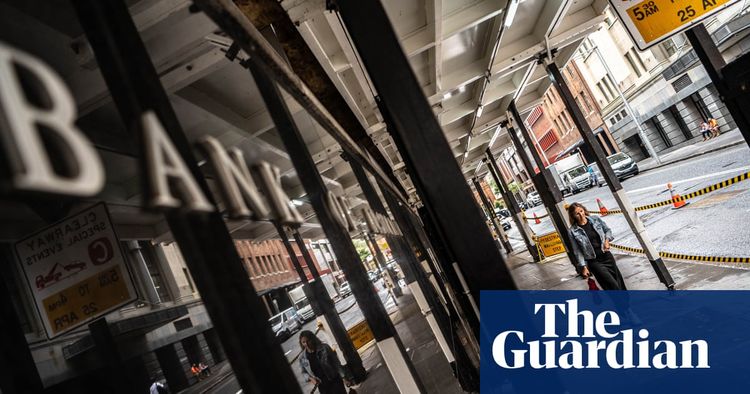Economists Divided On Rate Rise Before RBA Meet

It's Reserve Bank roulette time again. People are worried about a potential rate rise surprise.
Starting from May last year, the central bank has been increasing interest rates every month on the first Tuesday. They took a break in January due to the holiday season, but resumed the monthly increases. There was a brief pause in April, but the increases continued. As a result, mortgage payments have been increasing steadily.
Will the RBA raise the cash rate at Tuesday's meeting? Economists are divided. Some say yes, predicting a 25 basis-point increase to 4.1%. But three of the big four banks think there will be no change. Investors think there's a one-in-three chance of a rate hike.
Gareth Aird, head of Australia's economy at CBA, was one of few to predict the RBA's sudden increase in rates in May. He thinks there's a possibility of another rise, but it's only a 30% chance.
The latest economic numbers are not good. Retail sales did not go up in April. Approvals for building are very low, the worst in 11 years. That is what he said.
The RBA may consider the rise in April's consumer prices. This is because it affects inflation psychology. The ongoing slowdown is not a problem, but rather a positive development. Aird stated this.
Get your daily news roundup by signing up for Guardian Australia's free morning and afternoon email newsletters.
Philip Lowe, the governor of RBA, said he will control inflation. This is important as his term ends in September. He mentioned that he will raise rates if needed. He repeated this statement to the Senate estimates.
Lowe didn't agree with some economists. He thinks the federal budget in May won't make prices go up. He said the budget will make inflation less next year. The Albanese government noticed what he said.
The Reserve Bank is making a decision about interest rates today. Investors think there's a 33% chance of a hike to 4.1%. They think there's a 70% chance of a rise by July and they expect a hike in August.
Alan Oster from NAB said that the rate decision on Tuesday is uncertain. He thinks that the RBA will wait until they can see the March quarter national accounts from the Australian Bureau of Statistics on Wednesday.
NAB predicts that the GDP will go up by 0.2% from the previous three months. This will be the slowest growth rate since the September quarter of 2021 when Covid lockdowns affected half the economy.
NAB said the RBA will increase the cash rate to 4.1% by August. There's a possibility that the RBA will raise it higher.
Judo Bank's top economist, Warren Hogan, predicted that the rate level of 4.1% will be reached on Tuesday. He also predicted another 25bp rate hike in August. He correctly called May's rate rise. This upcoming hike is going to be a very close call.
Hogan said they need to slow the economy. He thinks it's not slowing down enough right now.
Some parts of the economy are having a hard time. However, services are doing well. Judo's business activity index went up in May for two months in a row.
The bank said that growth was solid but slowed slightly in Q2. Service providers in Australia hired more people due to high demand.
ANZ's latest job ads survey showed a decrease of 8% since September. However, job ads remain at historical high levels.
The economy is doing well despite the increasing bank rates. Job ads have gone up a bit in May, which is good news. However, job ads have decreased 8% since September even though they are still high.
House prices in big cities are rising, and auction clearance rates are also going up. Recent statistics from CoreLogic show that the clearance rates were close to 79% last week. This is the highest clearance level since late October 2021.
Hogan reported that the RBA increased its rate by 300 points from May to December in 2020. That's an average of 37.5 points per month. This year, the RBA raised the rate by 75bp, which is less than half the pace of last year. On average, the increase is only 15bp so far this year.
Australia's interest rate is lower than New Zealand, US, Bank of England, and Bank of Canada. The interest rate is at 5.5%.
Hogan said RBA needs to exclude inflation to get real interest rates to zero. RBA's job is not done until then.





